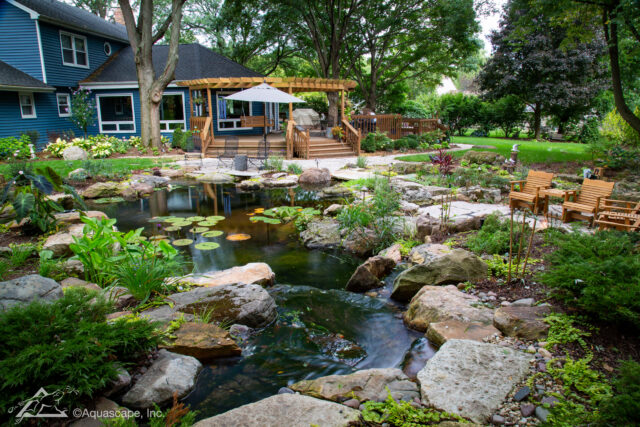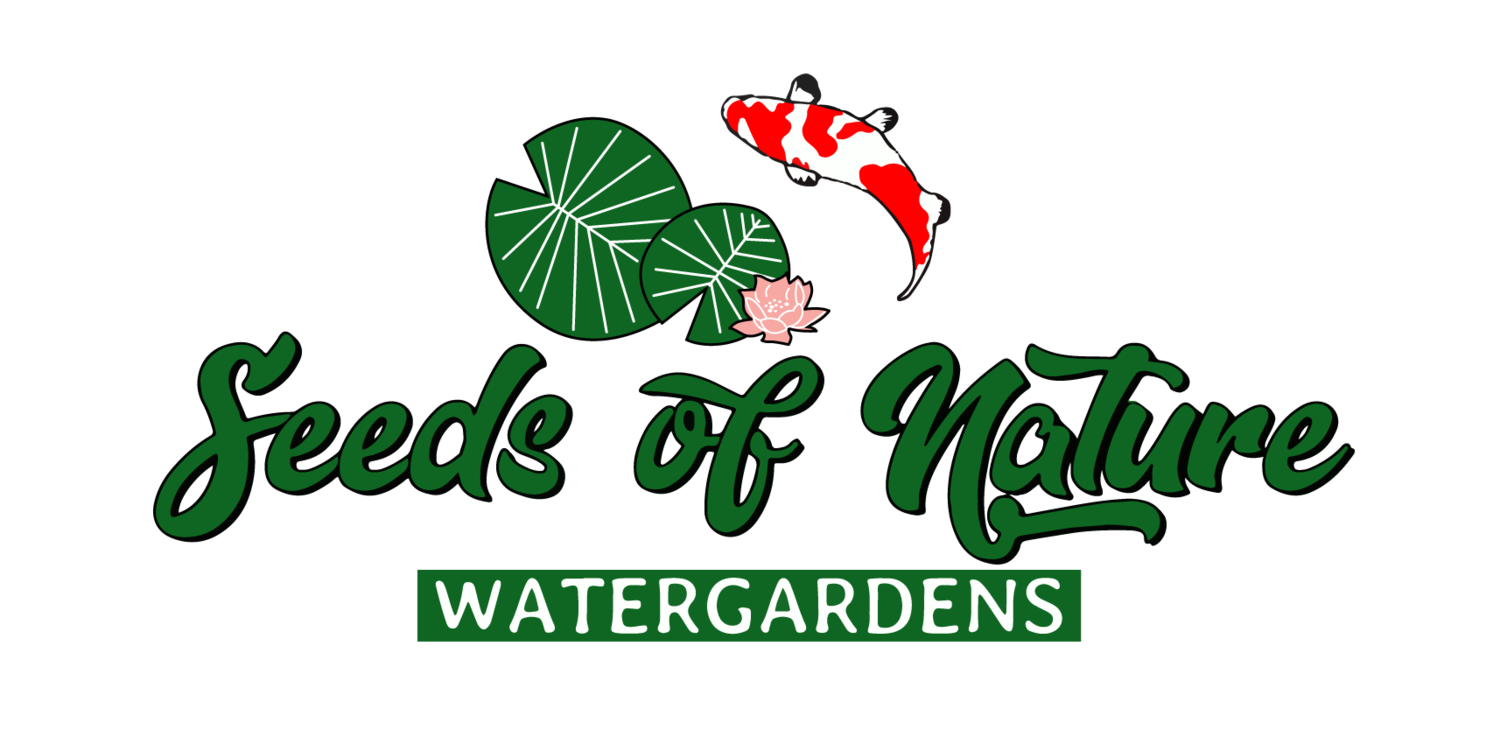Regenerative Agriculture

Regenerative agriculture is a form of farming and land management that focuses on improving soil health and fertility. Accordingly, cover cropping, crop rotation, and reduced tillage are common techniques used to improve soil health.
The goal of regenerative agriculture is to create a self-sustaining, resilient ecosystem that can support healthy plant growth and regenerate itself over time. This is in contrast to traditional agriculture practices. Older practices we used to rely on include using synthetic pesticides and fertilizers. Consequently, these can damage soil health and the environment. Regenerative agriculture can produce increased crop yields, improve soil health, and reduce dependence on fertilizers. As a result this can help us to reduce costs and speed up production.
In conclusion, we need a more sustainable and environmentally friendly approach to agriculture. One that helps to preserve natural resources and support the long-term viability of agricultural systems. One of those systems is what microbiologist Dr. Elaine Ingham has coined the “Soil Food web.”
Soil Food Web and Microbiology
The soil food web is a complex network of interactions between different types of microorganisms. Chiefly, bacteria, fungus, and microfauna that live in soil. It is an important concept in the field of regenerative agriculture. Basically it helps to explain how different components of the soil ecosystem work together to support plant growth and maintain soil health.
Dr. Elaine Ingham, a soil microbiologist and pioneer in the field of soil science, developed the concept of the soil food web. She did this as a way to better understand the relationships between different soil organisms and plant growth. According to Dr. Ingham, a healthy soil food web is characterized by a diverse group of microorganisms. As a result these organisms are able to break down organic matter and release soluble nutrients that crops can absorb.
Soil Food Web Animation: How It Works
But how does this tie into backyard ponds?
Backyard Ponds and Microbiology
Over the last 30 years, Aquascape Inc has pioneered the perfect backyard ecosystem pond. These ponds are designed to mimic the natural ecosystems found in nature. Additionally, they are created using a combination of plants, rocks, and other natural materials to create a diverse and self-sustaining ecosystem.
Furthermore, the Aquascape ecosystem pond approach is focused on promoting a healthy environment for bacteria, fungi, and microfauna found in riparian and aquatic environments. The point of this diversity is to process and filter nitrogenous waste. This typically comes in the form of ammonia from excess animal and plant waste into nitrogen. The nitrogen is then absorbed into marginal and aquatic plants.
Aquascape Ecosystem Pond Ecology
Parallel Worlds
The parallels are beautiful and simple. Microbiology is an integral part of understanding regenerative agricultural practices. Furthermore, backyard ponds also have an educational and practical application in terms of raising consciousness and helping to bridge our informational gap.
In the soil, aerobic (oxygen breathing) bacteria, fungi, and microfauna (nematodes) create an oxygen rich environment, compost organic matter, waste, and minerals into soluble nutrients for plants to thrive.
In the water, aerobic bacteria, fungi, and microfauna compost nitrogenous waste into soluble nutrients for plants to thrive.
Solutions
Now that we understand the benefits that ecosystem ponds represent with regenerative agriculture, what is stopping you from building one or having one built?
Over 100k people around the world have Aquascape ecosystem ponds in their backyards and they are already in the know in regards to water ecology.
I could argue Aquascape helped fuel the regenerative agriculture buzz through 30 years of water ecology education.
Lets create a better world, one backyard at a time.
